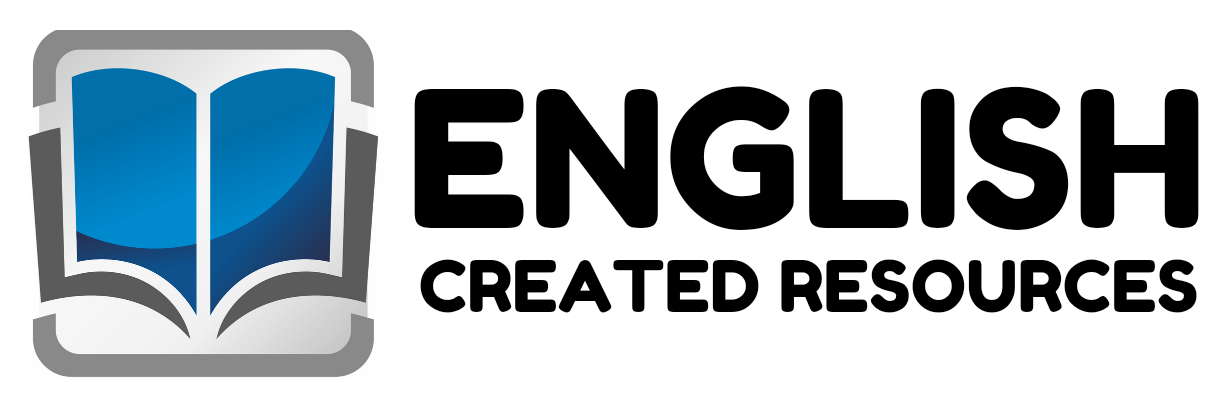Weekly Lesson Plan Templates

Weekly Lesson Plan Templates
Teaching in a preschool classroom is both a rewarding and challenging responsibility. At this foundational stage of learning, children are developing social, emotional, physical, and cognitive skills that will shape their future educational experiences. To ensure that young learners thrive, preschool teachers must be intentional in their approach to teaching. One of the most effective tools to support this intention is the weekly lesson plan template. These templates act as structured guides that help teachers organize activities, align with learning standards, and create meaningful experiences for children. Their importance extends far beyond scheduling; they provide clarity, consistency, and creativity in the classroom.
1. Providing Structure and Organization
Preschoolers thrive on routines and predictable patterns. A weekly lesson plan template gives teachers the framework to organize activities in a logical sequence. Instead of rushing to decide what to do each day, teachers can clearly map out lessons in advance, ensuring a smooth flow of activities that balance learning and play. Structured plans prevent chaotic or repetitive teaching and allow for better use of classroom time. This organized approach also minimizes stress for the teacher, who enters the week with a clear roadmap.
2. Ensuring Developmental Appropriateness
Young children develop at different paces across various domains—social, emotional, physical, language, and cognitive. Weekly templates encourage teachers to plan activities that address each developmental area, ensuring that no skill is neglected. For example, a weekly plan might include literacy activities, fine motor practice, group games for social development, and art projects to spark creativity. By following a template, teachers can balance these domains, providing children with a well-rounded learning experience.
3. Alignment with Standards and Goals
Preschool education often follows early childhood standards or curriculum guidelines. Weekly lesson plan templates allow teachers to connect daily activities to these broader goals. For instance, if a standard emphasizes letter recognition, the teacher can plan activities such as alphabet songs, letter tracing, and story time with books focusing on certain letters. This alignment ensures that preschool learning is not random but intentional, supporting school readiness and future academic success.
4. Encouraging Creativity and Flexibility
While structure is essential, creativity is equally important in a preschool classroom. A weekly template gives teachers the space to brainstorm engaging activities that fit within the week’s theme—such as “Seasons,” “Community Helpers,” or “Animals.” At the same time, templates are not rigid; they allow flexibility. If children show strong interest in a particular topic, the teacher can adapt the plan while still maintaining balance. This flexibility makes lesson plans living documents that respond to children’s curiosity and needs.
5. Supporting Classroom Management
Preschool classrooms are full of energy. Without a plan, managing transitions and maintaining focus can become difficult. Weekly lesson plan templates provide a rhythm to the day, helping children know what to expect and when. Predictability reduces anxiety for both teachers and students. For example, a consistent morning routine followed by story time, center play, and outdoor activities creates a sense of security and order. A well-planned week also allows teachers to prepare needed materials in advance, further preventing disruptions.
6. Facilitating Communication with Parents and Staff
Parents are eager to know what their children are learning and how they can support learning at home. A weekly lesson plan can serve as a communication tool, giving families insight into classroom themes, activities, and learning goals. Similarly, lesson plan templates help teachers collaborate with co-teachers, assistants, and administrators by ensuring everyone is on the same page. This shared understanding builds teamwork and consistency in supporting children’s growth.
7. Tracking Progress and Reflection
Weekly plans also serve as valuable records for reflection. Teachers can look back at what worked, what did not, and how children responded to different activities. This reflection is key for continuous improvement in teaching practice. Over time, saved weekly templates can form a portfolio of lessons, making it easier to refine and reuse successful activities in the future.
8. Reducing Teacher Stress and Burnout
Teaching preschool requires energy, patience, and creativity every day. Without a clear plan, teachers may feel overwhelmed by the constant need to invent activities on the spot. Weekly lesson plan templates reduce this stress by offering a prepared guide, allowing teachers to focus more on interaction and engagement with children. The sense of being prepared contributes to teacher confidence and job satisfaction, ultimately reducing burnout.
In early childhood education, intentionality makes all the difference. Weekly lesson plan templates empower preschool teachers to design engaging, balanced, and meaningful learning experiences. They bring structure without stifling creativity, ensure alignment with developmental goals, and strengthen communication with families and staff. Most importantly, they help create an environment where children feel secure, curious, and eager to learn. For preschool teachers, these templates are not just paperwork—they are essential tools that transform classrooms into places of joyful discovery and growth.
Samples From the Templates




